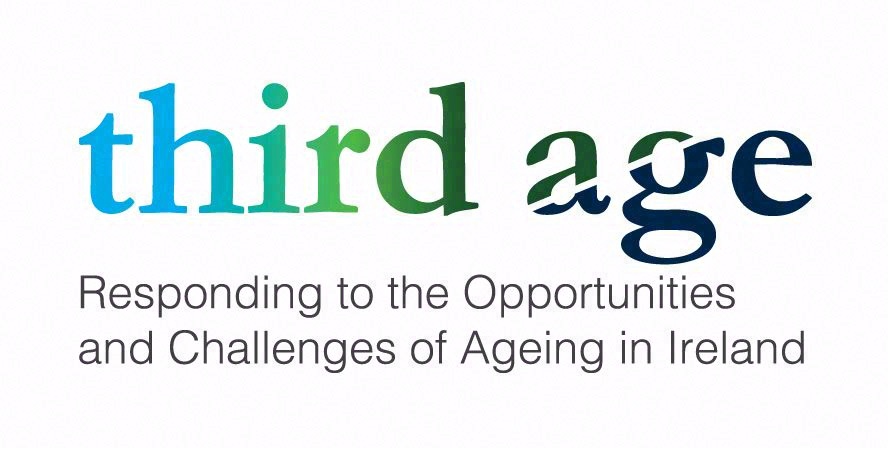Loneliness After Loss: Navigating Grief and Finding Connection
The loneliness we experience after the death of someone we love can be deeper and more enduring than other forms of loneliness. How can we give these feelings the space they need?
Losing the Familiar
To be human is to be lonely, and most of us will experience loneliness at various times in our lives. Research shows that people often feel lonely during life transitions—retirement, moving house, marriage, becoming a parent. These are usually seen as joyful milestones, yet they can bring a sense of disconnection. We may feel alone in losing the familiar and uncertain in facing new challenges. It can feel like entering a strange new country, where we must learn unfamiliar signposts.
In bereavement, we may experience a range of emotions toward the person who has died—including anger that they are no longer here. These mixed feelings can lead to confusion and guilt, adding to our sense of isolation.
Lonely for a Part of Yourself
The loneliness that follows the death of a spouse or partner is often layered and complex. The losses are cumulative and can affect every area of life. We may yearn for the life we shared—even the difficult parts. The certainty, the shared interests, the intimacy, the interdependence—all gone. Even in imperfect relationships, the death of a partner can mark the end of unfulfilled hopes. The finality of death means the chance to make things better is gone, which can lead to complicated grief.
After a partner dies, we are suddenly on our own, often faced with a raft of decisions when we feel least able to make them.
“My husband was the technical one,” said Colette. “The first time my computer broke after he died, I actually called out loud to him to help me. I knew it sounded ridiculous, but I felt so helpless and alone.”
Good partners offer comfort simply by being present. Ben, who was widowed last year, shared:
“We were very close and did a lot together. We enjoyed watching TV in the evenings. I’d be in my chair, she’d be on the couch, and we’d exchange a glance, knowing what the other was thinking. Now, I see something in a film and turn to look at her—but the couch is empty. She’s not there. I know it will take me a long time to stop turning toward her.”
Losing a partner can also mean losing a part of ourselves.
“I’ve realised that nobody will ever see me again as he did,” my mother said, months after my father’s death. “I am lonely for that part of myself.”
Looking After Ourselves as Best We Can
As we move through the loneliness of grief, it’s important to care for ourselves as best we can. This might mean accepting support from trusted friends or family. Patience and self-compassion are essential—allowing ourselves to feel pain and sadness, and giving grief the time it needs.
There may be moments of joy, distraction, or escape that we can allow ourselves without guilt. Expressing grief in healthy ways—through art, writing, gardening, cooking, or walking in nature—can also help.
When we’re ready, there are sources of support. Spending time with family members who are also grieving can be healing. Sharing stories, laughing, and crying together can be deeply therapeutic.
Don’t rule out professional help. Joining a bereavement support group can offer comfort and connection with others who understand. If loneliness persists and is accompanied by intense or prolonged grief, speaking with a therapist or counsellor can provide the space to explore and express your feelings—and, in time, help you begin to live more fully again.
This article was written by Anne Dempsey, Communications Manager of Third Age. Third Age is a national voluntary organisation that empowers older people to stay active, connected, and engaged in their communities. Through innovative programmes and partnerships, it promotes lifelong learning, volunteering, and positive ageing across Ireland.

Memorial Gift Shop
View AllMounted Prints
Mounted original design prints, inspired by the early Irish Celtic illuminated manuscript, The Book of Kells.
RecaptureOne - QR Coded Memory Plaques
Place our QR Coded memory plaque at your loved one's special place. Scan the unique code with your phone camera to view all of their precious memories.
Mini Condolence Books - Printed and Bound
Creating a soft paperback book of online messages of condolence can be a meaningful way to preserve and honour the memories of a loved one.


_bf1a8a6633092c5918e0cee54ae352c090d72a866c2b6b80.jpg)